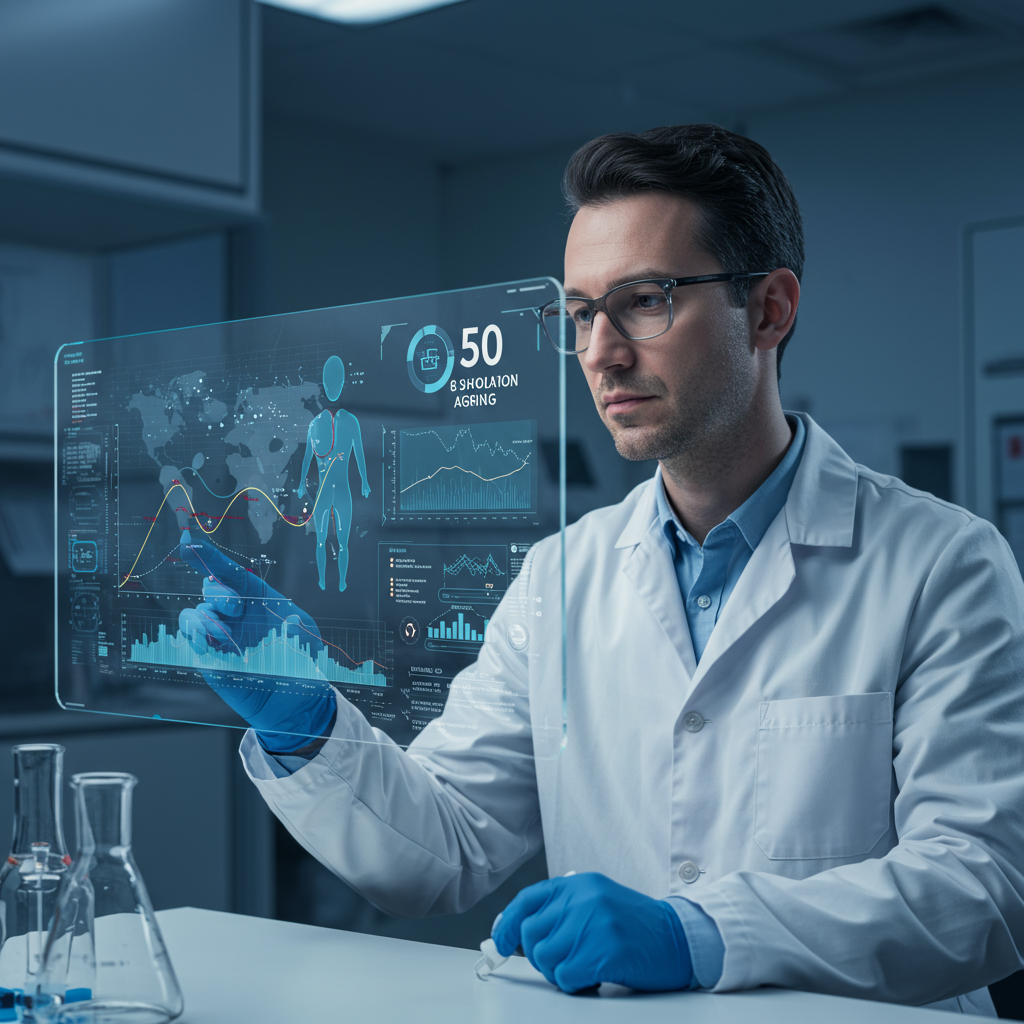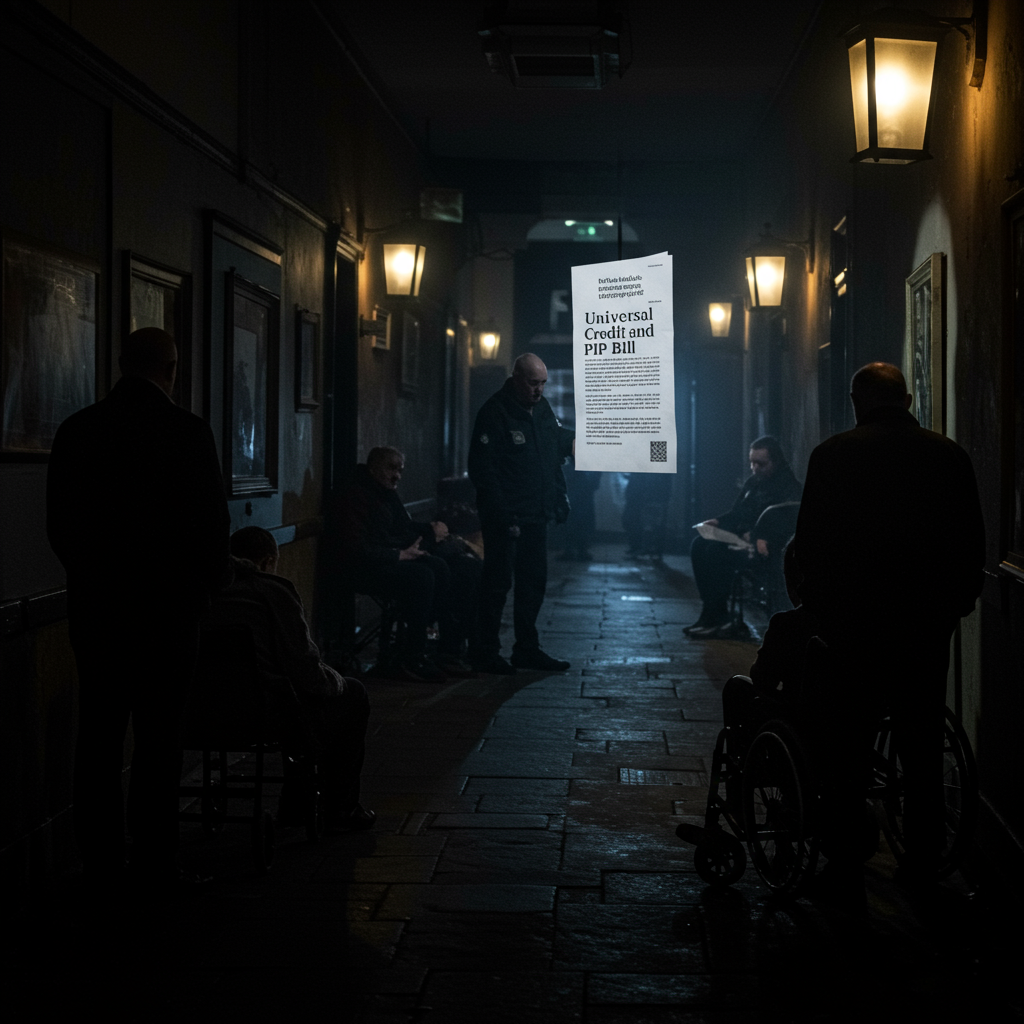Copyright 2025 The Associated Press. All Rights Reserved.
Copyright 2025 The Associated Press. All Rights Reserved.
This photo provided by Catalent shows Catalent’s MindMed’s formulation of LSD. (Catalent via AP)
WASHINGTON (AP) — LSD reduced symptoms of anxiety in a midstage study published Thursday, paving the way for additional testing and possible medical approval of a psychedelic drug that has been banned in the U.S. for more than a half century.
The results from drugmaker Mindmed tested several doses of LSD in patients with moderate-to-severe generalized anxiety disorder, with the benefits lasting as long as three months. The company plans to conduct follow-up studies to confirm the results and then apply for Food and Drug Administration approval.
Beginning in the 1950s, researchers published a flurry of papers exploring LSD’s therapeutic uses, though most of them don’t meet modern standards.
“I see this paper as a clear step in the direction of reviving that old research, applying our modern standards and determining what are the real costs and benefits of these compounds,” said Frederick Barrett, who directs Johns Hopkins University’s psychedelic center and was not involved in the research.
Psychedelics are in the midst of a popular and scientific comeback, with conferences, documentaries, books and medical journals exploring their potential for conditions like depression, anxiety and post-traumatic stress disorder.
The FDA has designated psilocybin, MDMA and now LSD as potential “breakthrough” therapies based on early results.
Still, the drugs have not had a glide path to the market.
Last year, the FDA rejected MDMA — also known as ecstasy — as a treatment for PTSD, citing flawed study methods, potential research bias and other issues.
The new LSD study, published by the Journal of the American Medical Association, addresses some of those problems.
MDMA, like many other psychedelics, was tested in combination with hours of talk therapy by trained health professionals. That approach proved problematic for FDA reviewers, who said it was difficult to separate the benefits of the drug from those of therapy.
The LSD study took a simpler approach: Patients got a single dose of LSD — under professional supervision, but without therapy — and then were followed for about three months.
The paper does not detail how patients were prepared for the experience or what sort of follow-up they received, which is crucial to understanding the research, Barrett noted.
“In many cases people can have such powerful, subjective experiences that they may need to talk to a therapist to help them make sense of it,” he said.
For the study, researchers measured anxiety symptoms in nearly 200 patients who randomly received one of four doses of LSD or a placebo. The main aim was to find the optimal dose of the drug, which can cause intense visual hallucinations and occasionally feelings of panic or paranoia.
At four weeks, patients receiving the two highest doses had significantly lower anxiety scores than those who received placebo or lower doses. After 12 weeks, 65% of patients taking the most effective LSD dose — 100 micrograms — continued to show benefits and nearly 50% were deemed to be in remission. The most common side effects included hallucinations, nausea and headaches.
Patients who got dummy pills also improved — a common phenomenon in psychedelic and psychiatric studies — but their changes were less than half the size those getting the real drug.
The research was not immune to problems seen in similar studies.
Most patients were able to correctly guess whether they’d received LSD or a dummy pill, undercutting the “blinded” approach that’s considered critical to objectively establishing the benefits of a new medicine. In addition, a significant portion of patients in both the placebo and treatment groups dropped out early, narrowing the final data set.
It also wasn’t clear how long patients might continue to benefit.
Mindmed is conducting two large, late-stage trials that will track patients over a longer period of time and, if successful, be submitted for FDA approval.
“It’s possible that some people may need retreatment,” said Dr. Maurizio Fava of Mass General Brigham Hospital, the study’s lead author and an adviser to Mindmed. “How many retreatments, we don’t know yet, but the long-lasting effect is quite significant.”
Health Secretary Robert F. Kennedy Jr. and other administration officials have expressed interest in psychedelic therapy, suggesting it could receive fast-track review for veterans and others suffering psychological wounds.
Generalized anxiety disorder is among the most common mental disorders, affecting nearly 3% of U.S. adults, according to the National Institutes of Health. Current treatments include psychotherapy, antidepressants and anti-anxiety drugs like benzodiazepines.
The possibility of using LSD as a medical treatment isn’t new.
In the 1950s and 1960s more than 1,000 papers were published documenting LSD’s use treating alcohol addiction, depression and other conditions. But a federal backlash was in full swing by the late 1960s, when psychedelics became linked to counterculture figures like Timothy Leary, the ex-Harvard professor who famously promoted the drugs as a means to “turn on, tune in and dropout.”
A 1970 law classifying LSD and other psychedelics as Schedule 1 drugs — without any medical use and high potential for abuse — essentially halted U.S. research.
When a handful of nonprofits begin reassessing the drugs in the 1980s and 1990s, they focused on lesser-known hallucinogens like MDMA and psilocybin, the main ingredient in magic mushrooms, to avoid the historic controversies surrounding LSD.
“LSD was right there in front of everybody, but Mindmed is the first company that actually decided to evaluate it,” Fava said.
This story has been corrected to show that the reported effective dose of LSD is 100 micrograms, not 100 milligrams.
The Associated Press Health and Science Department receives support from the Howard Hughes Medical Institute’s Department of Science Education and the Robert Wood Johnson Foundation. The AP is solely responsible for all content.
Copyright 2025 The Associated Press. All Rights Reserved.
Use precise geolocation data. Actively scan device characteristics for identification. Store and/or access information on a device. Personalised advertising and content, advertising and content measurement, audience research and services development.
List of Third-Party Partners (Vendors)
These tracking technologies (such as cookies) are needed for our web site to function and are always active.
Your data can be used to monitor for and prevent unusual and possibly fraudulent activity (for example, regarding advertising, ad clicks by bots), and ensure systems and processes work properly and securely. It can also be used to correct any problems you, the publisher or the advertiser may encounter in the delivery of content and ads and in your interaction with them.
Certain information (like an IP address or device capabilities) is used to ensure the technical compatibility of the content or advertising, and to facilitate the transmission of the content or ad to your device.
The choices you make regarding the purposes and entities listed in this notice are saved and made available to those entities in the form of digital signals (such as a string of characters). This is necessary in order to enable both this service and those entities to respect such choices.
Information about your activity on this service may be matched and combined with other information relating to you and originating from various sources (for instance your activity on a separate online service, your use of a loyalty card in-store, or your answers to a survey), in support of the purposes explained in this notice.
In support of the purposes explained in this notice, your device might be considered as likely linked to other devices that belong to you or your household (for instance because you are logged in to the same service on both your phone and your computer, or because you may use the same Internet connection on both devices).
Your device might be distinguished from other devices based on information it automatically sends when accessing the Internet (for instance, the IP address of your Internet connection or the type of browser you are using) in support of the purposes exposed in this notice.
These tracking technologies (such as cookies) allow us to measure the overall performance of our site through analytics, such as visit counting and traffic sourcing. For example, these technologies help us learn which areas of our site are the most and least popular so we can provide users with better experiences. If you choose not to allow these technologies, we will not know where you visited on our site, and your visit will not be reflected in our performance monitoring.
These tracking technologies (such as cookies) enable our site to provide enhanced functionality and personalization. These technologies may be set by us or our third-party service providers whose services we have added to our site. If you choose not to allow these technologies, some services on our site may not function properly and may impact your user experience.
These tracking technologies (such as cookies) may be set by a range of social media services that we have added to our site to enable you to share our content with your friends and networks. They can track your browser across other sites and build a profile of your interests, which may impact the content and messages you see on other web sites you visit. If you choose not to allow these technologies, you may not be able to use or see these sharing tools.
These tracking technologies (such as cookies) may be set by us or third parties with whom we have business relationships, such as advertising partners, who may use information they obtain to show you relevant ads on this and other sites. If you choose not to allow these technologies, you will experience less targeted advertising, but you will continue to see ads that may be less relevant or based only on information that we collect directly from your use of our site.
Cookies, device or similar online identifiers (e.g. login-based identifiers, randomly assigned identifiers, network based identifiers) together with other information (e.g. browser type and information, language, screen size, supported technologies etc.) can be stored or read on your device to recognise it each time it connects to an app or to a website, for one or several of the purposes presented here.
Information about your activity on this service (such as forms you submit, content you look at) can be stored and combined with other information about you (for example, information from your previous activity on this service and other websites or apps) or similar users. This is then used to build or improve a profile about you (that might include possible interests and personal aspects). Your profile can be used (also later) to present advertising that appears more relevant based on your possible interests by this and other entities.
Advertising presented to you on this service can be based on limited data, such as the website or app you are using, your non-precise location, your device type or which content you are (or have been) interacting with (for example, to limit the number of times an ad is presented to you).
Advertising presented to you on this service can be based on your advertising profiles, which can reflect your activity on this service or other websites or apps (like the forms you submit, content you look at), possible interests and personal aspects.
Information about your activity on this service (for instance, forms you submit, non-advertising content you look at) can be stored and combined with other information about you (such as your previous activity on this service or other websites or apps) or similar users. This is then used to build or improve a profile about you (which might for example include possible interests and personal aspects). Your profile can be used (also later) to present content that appears more relevant based on your possible interests, such as by adapting the order in which content is shown to you, so that it is even easier for you to find content that matches your interests.
Content presented to you on this service can be based on your content personalisation profiles, which can reflect your activity on this or other services (for instance, the forms you submit, content you look at), possible interests and personal aspects. This can for example be used to adapt the order in which content is shown to you, so that it is even easier for you to find (non-advertising) content that matches your interests.
Information regarding which advertising is presented to you and how you interact with it can be used to determine how well an advert has worked for you or other users and whether the goals of the advertising were reached. For instance, whether you saw an ad, whether you clicked on it, whether it led you to buy a product or visit a website, etc. This is very helpful to understand the relevance of advertising campaigns.
Information regarding which content is presented to you and how you interact with it can be used to determine whether the (non-advertising) content e.g. reached its intended audience and matched your interests. For instance, whether you read an article, watch a video, listen to a podcast or look at a product description, how long you spent on this service and the web pages you visit etc. This is very helpful to understand the relevance of (non-advertising) content that is shown to you.
Reports can be generated based on the combination of data sets (like user profiles, statistics, market research, analytics data) regarding your interactions and those of other users with advertising or (non-advertising) content to identify common characteristics (for instance, to determine which target audiences are more receptive to an ad campaign or to certain contents).
Information about your activity on this service, such as your interaction with ads or content, can be very helpful to improve products and services and to build new products and services based on user interactions, the type of audience, etc. This specific purpose does not include the development or improvement of user profiles and identifiers.
With your acceptance, your precise location (within a radius of less than 500 metres) may be used in support of the purposes explained in this notice.
With your acceptance, certain characteristics specific to your device might be requested and used to distinguish it from other devices (such as the installed fonts or plugins, the resolution of your screen) in support of the purposes explained in this notice.



